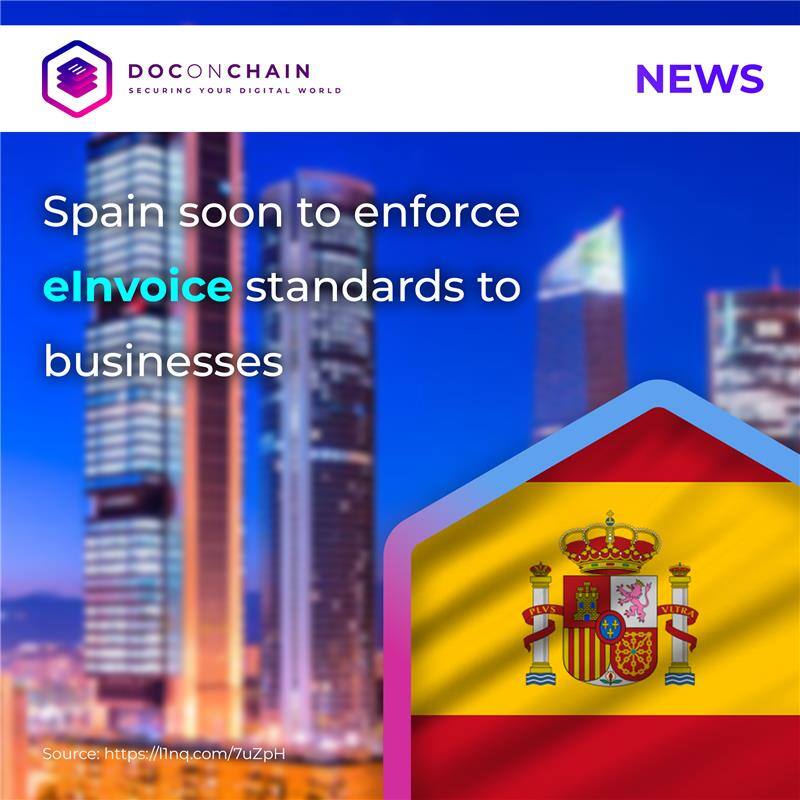A new Spanish Royal Decree, set to take effect in July 2025, will mandate that software systems ensure the integrity and traceability of electronic invoices. This regulation standardizes invoice record formats and establishes requirements for invoicing software used by businesses and professionals.
---
Spain is set to revolutionize business transactions with the upcoming mandatory implementation of electronic invoicing (e-invoicing) for B2B transactions, slated to begin in July 2025. This move towards digitalization aims to significantly enhance efficiency, reduce paper usage, and foster a more environmentally conscious business environment. The legislation is expected to be approved around May 2024, followed by a minimum 12-month notification period before the July 1, 2025, earliest possible start date. However, potential delays could occur due to the intricacies of developing technical specifications and ensuring adequate preparation for all stakeholders involved.
The European Commission has already endorsed Spain's proposed e-invoicing legislation, indicating a preference for digital invoices over paper-based ones, even if it means deviating from the standard EU Directive. While the EC confirmed the initiative's alignment with EU law, it did suggest minor amendments concerning digital signatures and the inclusion of 'seals' for legal entities. Despite this positive step, Spain still awaits the final formal approval from the EC to mandate e-invoicing fully. The EU’s broader ViDA Digital Reporting Requirements, which are currently pending acceptance, could further influence the approval process by potentially streamlining requirements in the future.
The implementation of mandatory e-invoicing will follow a two-phase approach to ensure a smooth transition for all businesses. The initial phase, potentially starting in July 2025, will apply to large taxpayers with an annual turnover exceeding €8 million. All other taxpayers will be required to comply by 2026. While implementation teams have noted potential technical and logistical challenges that might make a pre-mid-2025 launch difficult, the postponement of the EU’s ViDA Digital Reporting Requirements for intra-community reporting and e-invoicing until at least 2030 could also impact Spain’s final decisions on technical requirements and launch dates. Alongside this, Spain will separately implement certified electronic invoice obligations starting July 1, 2025, demonstrating a comprehensive commitment to the digital transformation of financial reporting within the country, ultimately promising a more efficient, transparent, and sustainable economic landscape.
Spain's e-invoicing mandate signals a broader global shift towards digital governance, promising streamlined processes and enhanced efficiency for businesses.


